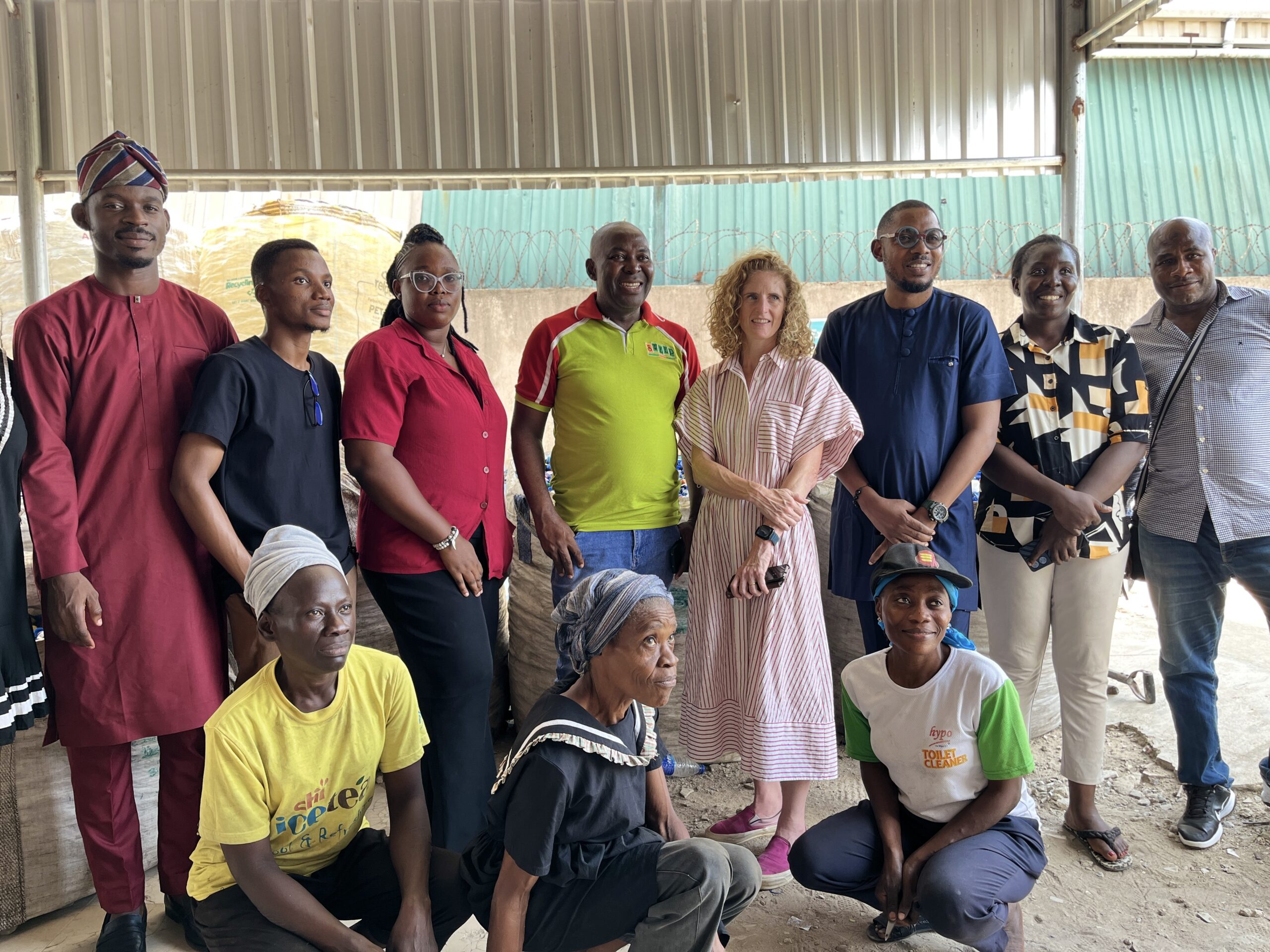The Maturing Momentum of Circular Economy SMEs: Insights from the Nigerian Field
The transition towards a circular economy in Nigeria is gaining significant traction, fueled by the ingenuity and dedication of small and medium-sized enterprises (SMEs) that are moving beyond conceptualization to impactful on-the-ground operations. Recent engagements with dynamic players in this space offer a compelling glimpse into this evolving landscape, showcasing both the diversity of approaches and the shared drive towards sustainability.
Consider two such entities making notable strides: Quadloop Technologies, focused on innovative and sustainable product design, and SWEEP Foundation, dedicated to building robust recycling infrastructure at the community level. While operating at different points in the circular value chain, their progress underscores a maturing momentum within Nigeria’s circular economy.
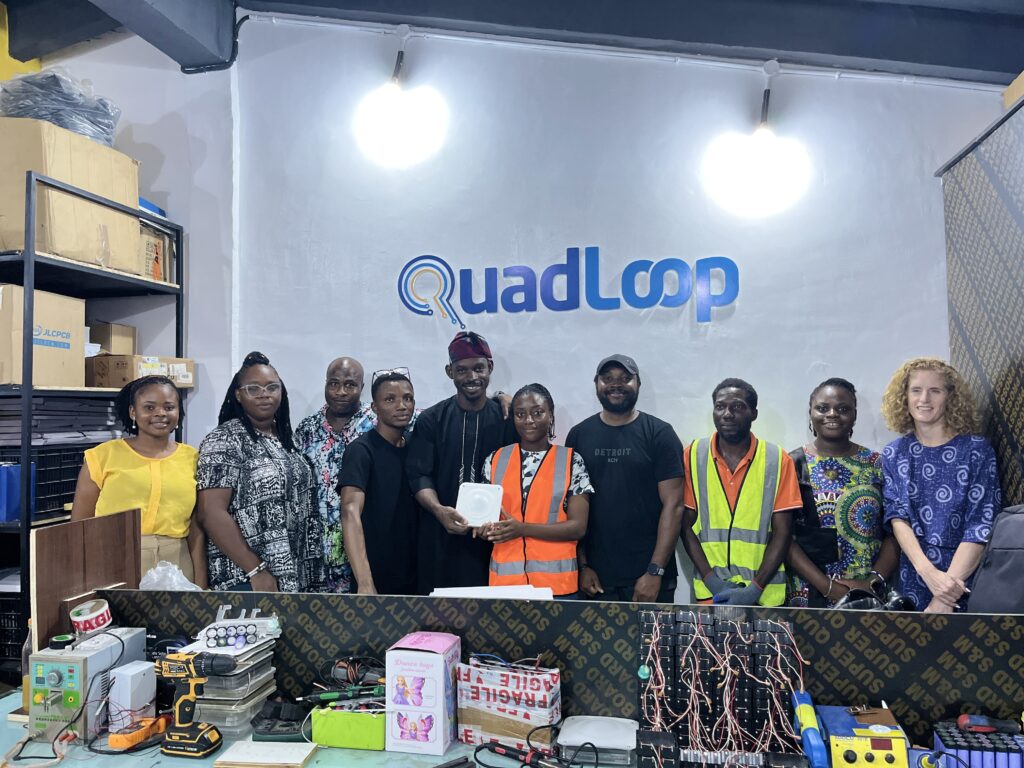
Quadloop Technologies, established in 2022, exemplifies the power of designing with circularity in mind. Their journey, marked by iterative design improvements, has culminated in a solar-powered lantern prioritizing local manufacturability, durability and repairability. This focus on creating a product that can be easily repaired and whose components are inherently circular demonstrates a forward-thinking approach to resource utilization. Their strategic pivot towards B2B markets, targeting NGOs and bulk purchase, highlights a pragmatic approach to scaling impact and ensuring a consistent demand for their sustainable solutions. This year they have been able to secure demand from Mozambique and are exploring a potential collaboration with the United Nations Development Programme (UNDP).
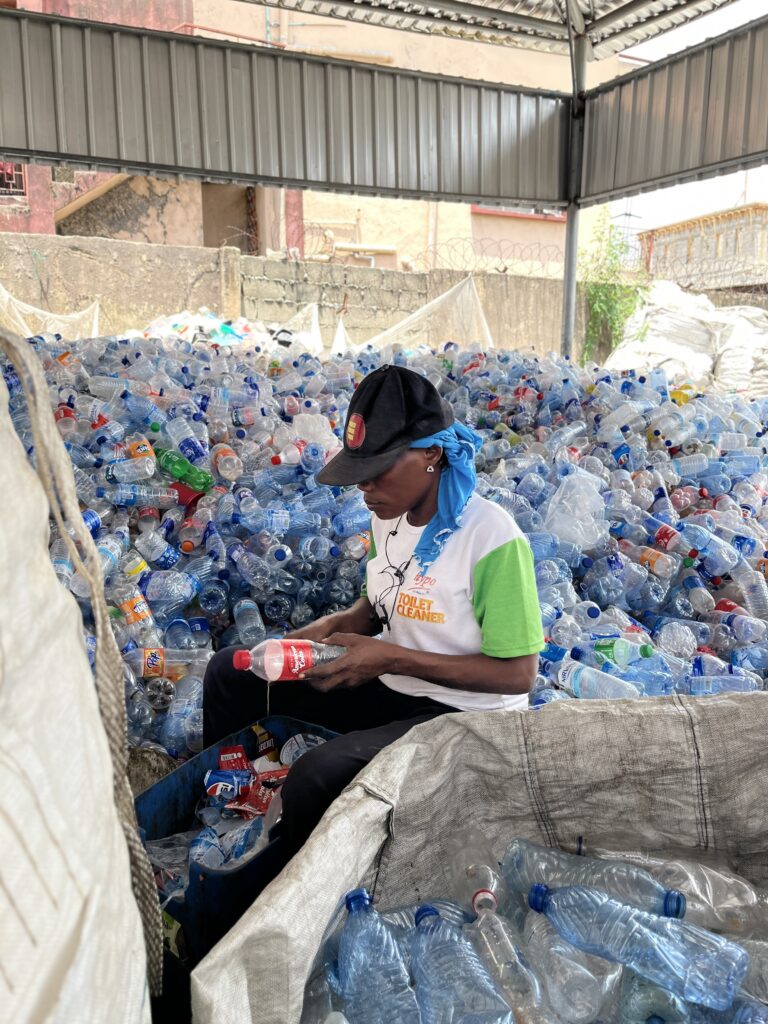
In parallel, SWEEP (Statewide Waste and Environmental Education) Foundation tackles the critical need for efficient waste management and resource recovery. Through a network of strategically placed receptacles in communities like Mushin, Yaba and Surulere, SWEEP is building a grassroots movement for recycling. Their advocacy, centered on community cleanliness, has already yielded tangible environmental benefits, including reduced litter and improved drainage. Processing 12 to 14 tonnes of recyclables monthly, their partnerships with major players such as Coca Cola and Dangote demonstrate the potential to channel recovered materials back into industrial value chains. Their expansion into Anambra State and their engagement with LAWMA (Lagos Waste Management Authority) women cleaners further highlight their commitment to scaling their impact and creating social value.
The progress of both Quadloop and SWEEP Foundation illustrates the synergy required for a functional circular economy. Quadloop’s focus on designing for longevity and eventual disassembly can create a future stream of recyclable materials that organizations like SWEEP are equipped to handle. Conversely, a well-established recycling infrastructure, as SWEEP is building, provides a crucial outlet for the end-of-life materials from products like Quadloop’s lanterns, closing the loop and reducing reliance on virgin resources.
At the Circular Business Platform, we recognize the crucial role of such innovative SMEs in driving Nigeria’s transition to a circular economy. Our mission is to accelerate this shift by empowering businesses like Quadloop and SWEEP, fostering collaboration, and sharing knowledge within this dynamic ecosystem. Observing their distinct yet complementary approaches; from designing sustainable products to building effective recovery systems, provides valuable insights into the multifaceted nature of circular economy development on the ground. Their successes, their challenges in scaling (such as Quadloop’s need for bridge finance and SWEEP’s for increased funding for expansion), and their strategic adaptations to the local context offer crucial lessons for other businesses embarking on their circular journey.
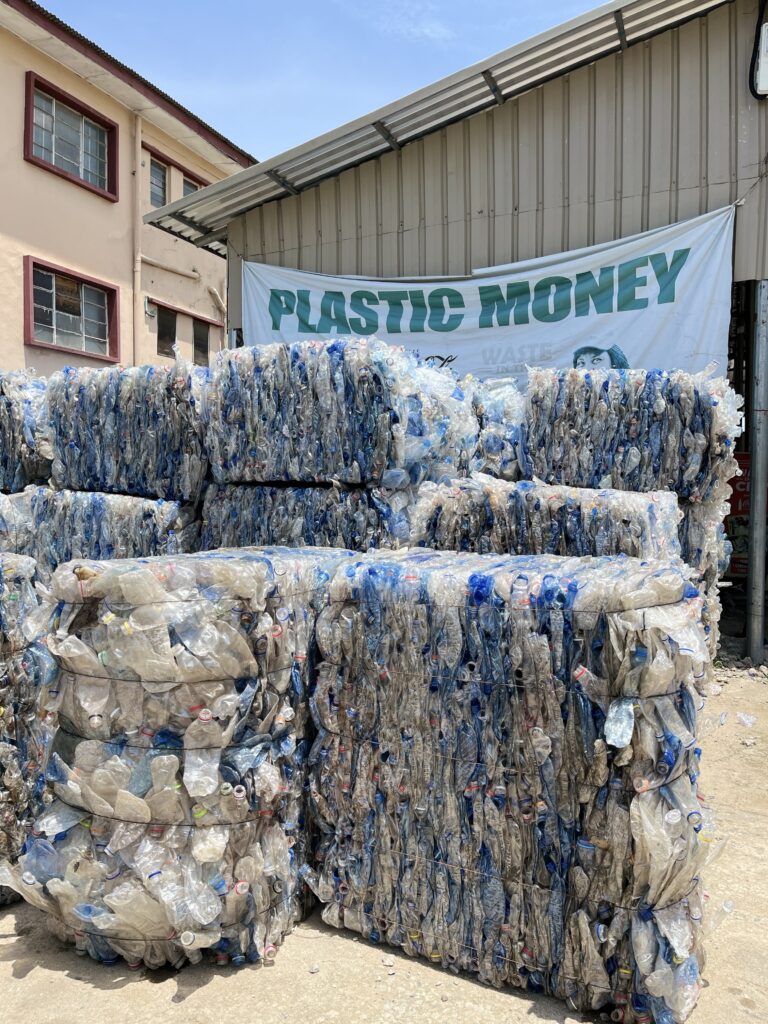
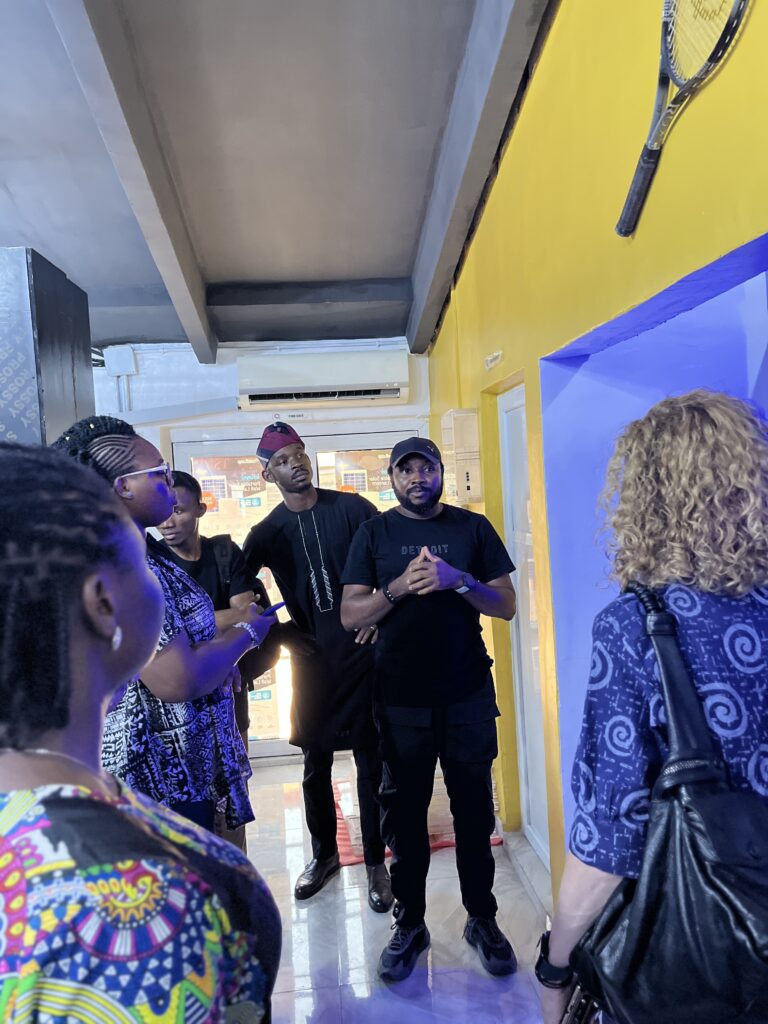
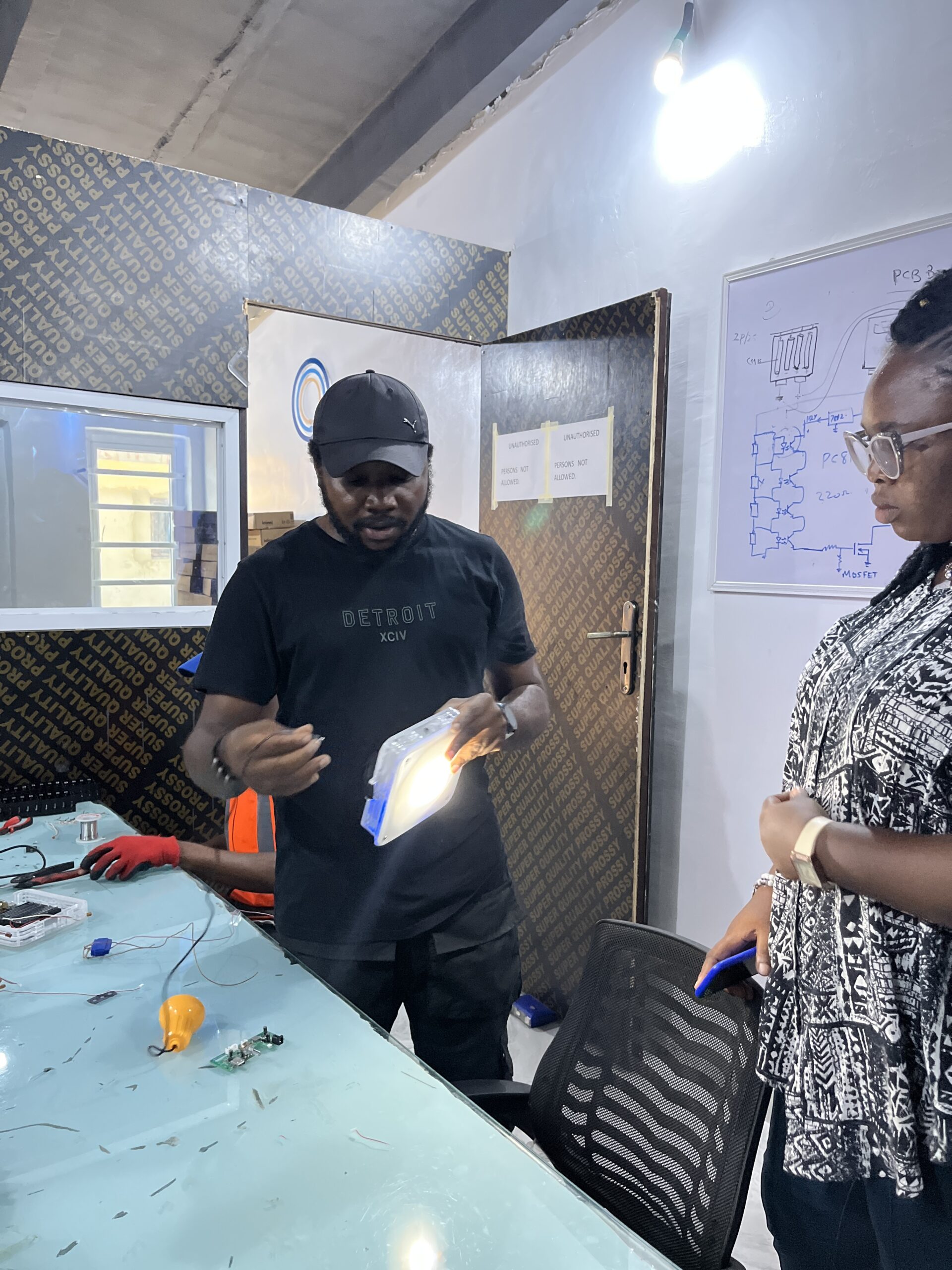
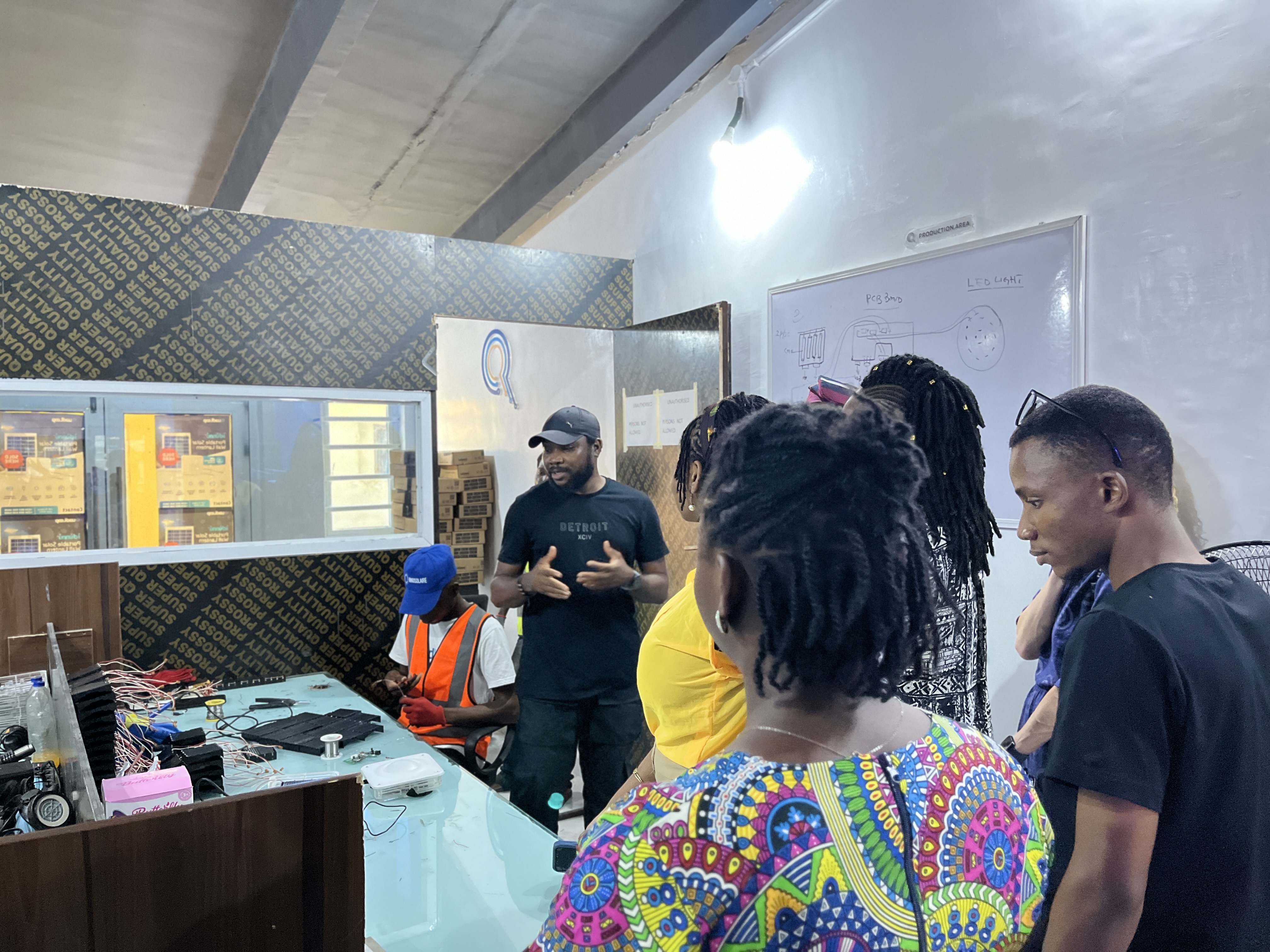
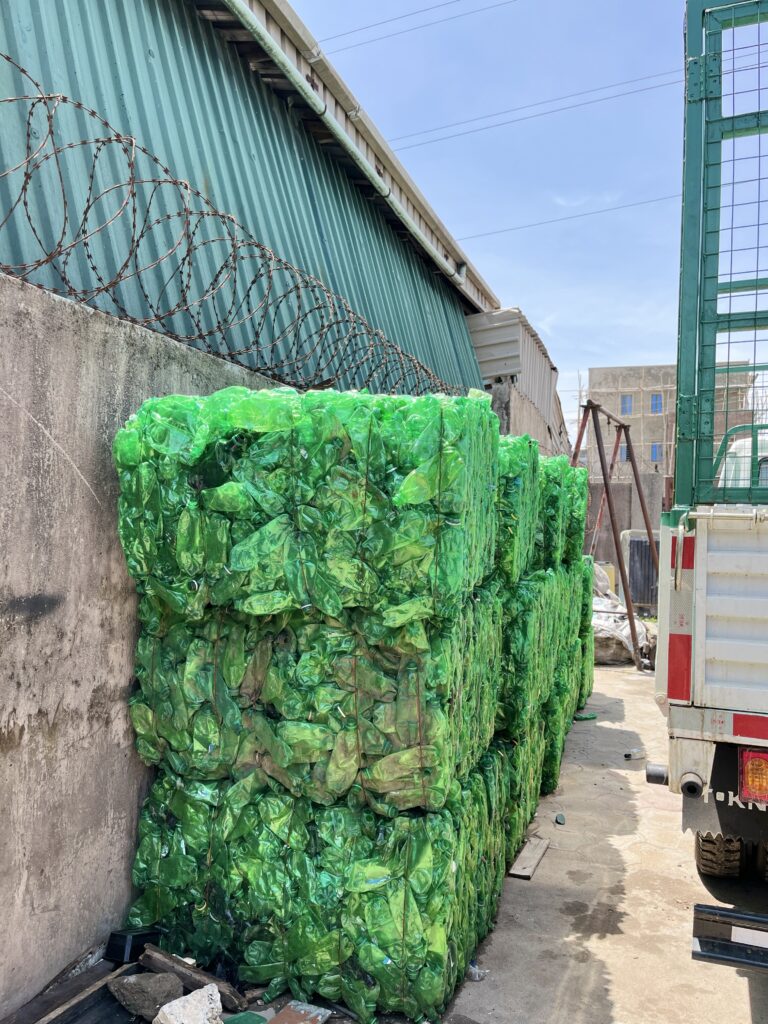
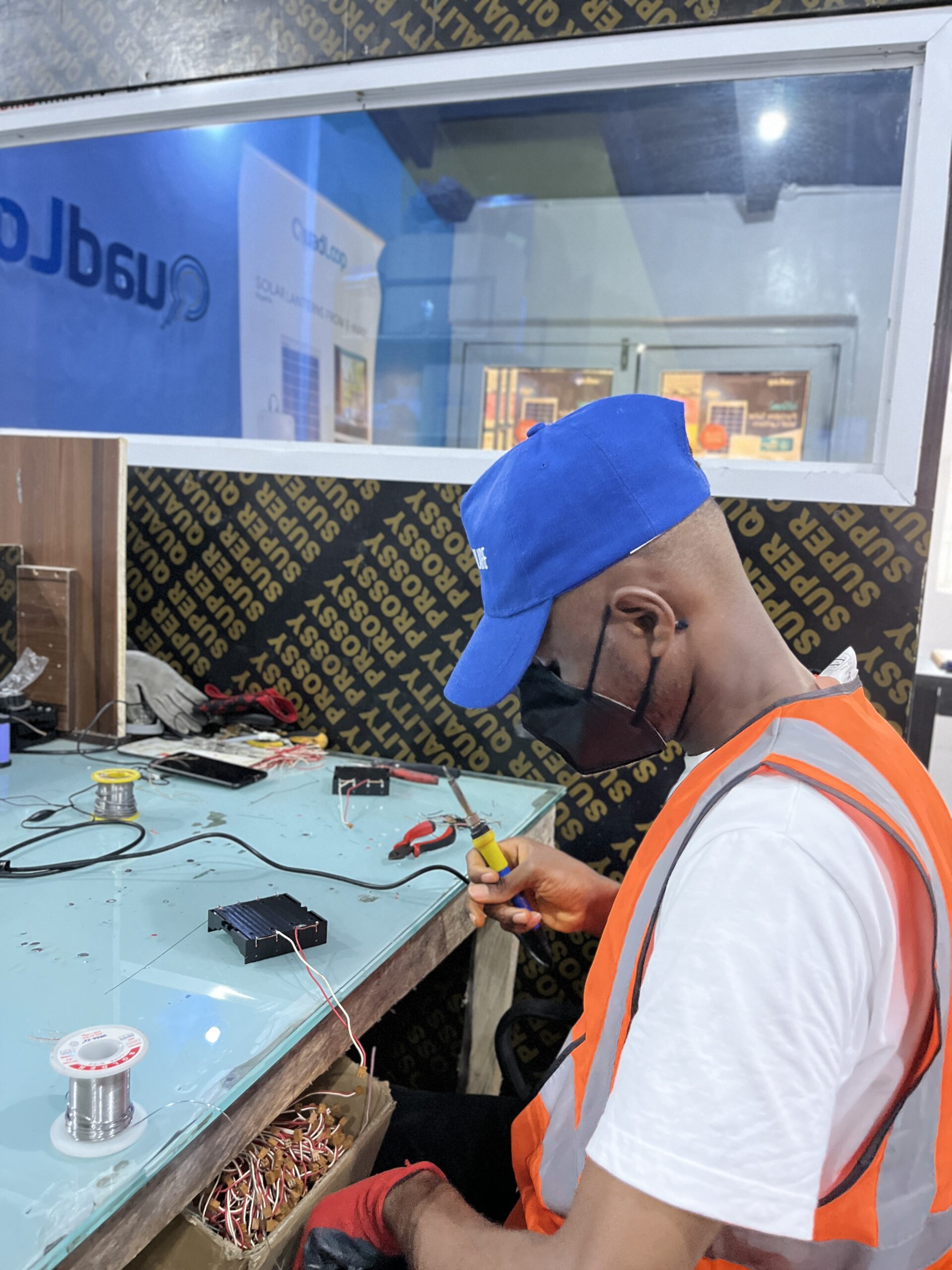
The rising momentum of circular economy SMEs in Nigeria, exemplified by the progress of Quadloop Technologies and SWEEP Foundation, signals a promising trajectory. Their dedication to innovation, sustainability, and community impact demonstrates the tangible benefits of embracing circular principles. As organizations like the Circular Business Platform continue to support and connect these vital players, Nigeria is poised to unlock the full potential of a circular economy, fostering both environmental sustainability and economic growth.








